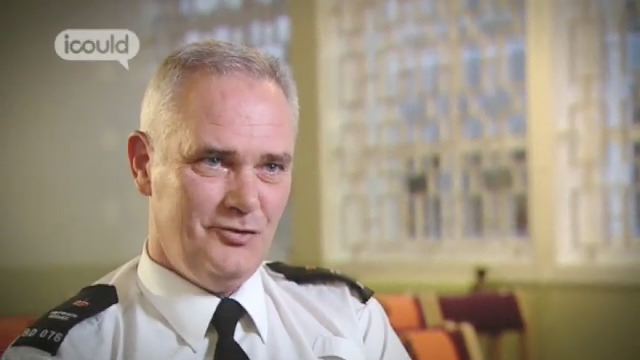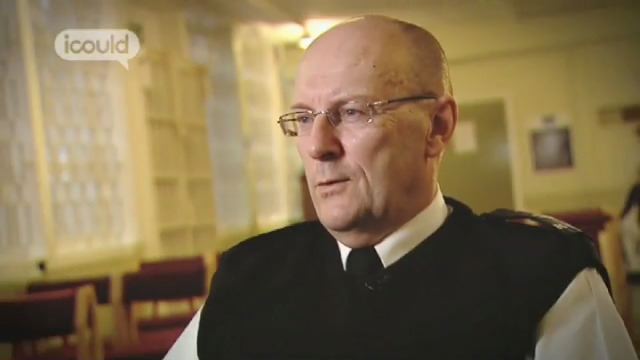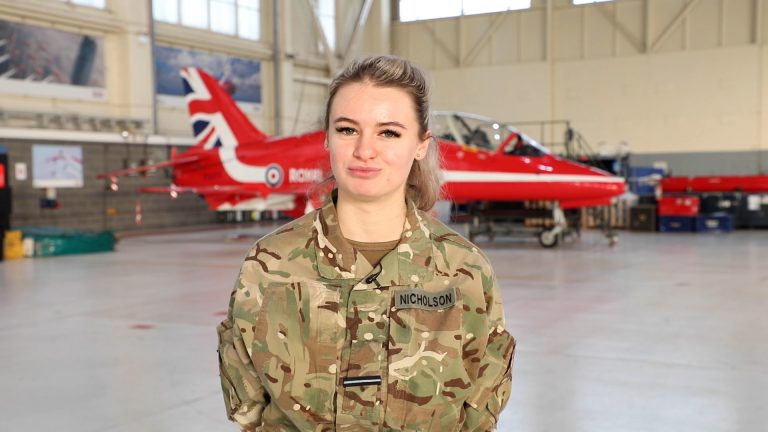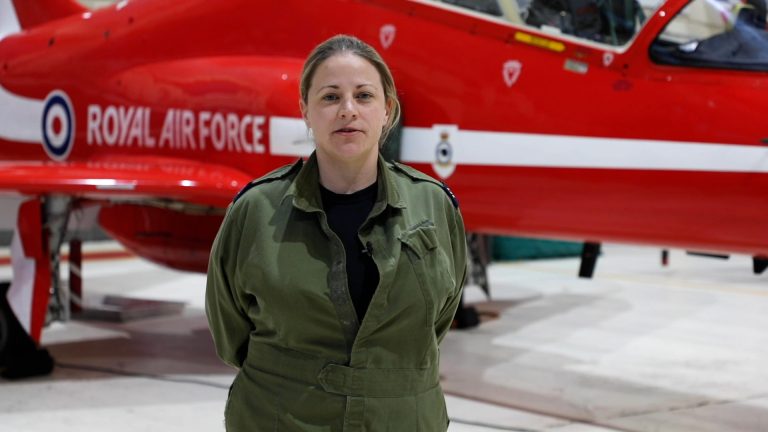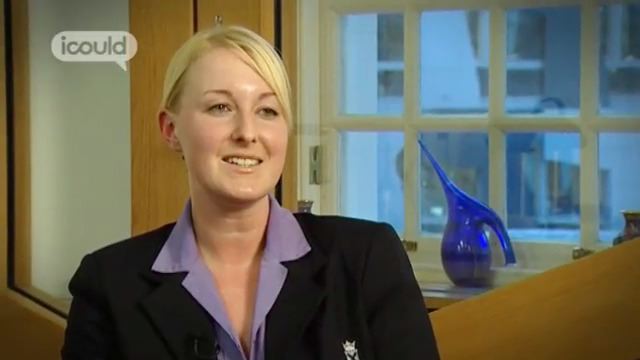Prison Officer
HMPS Blunderstone
Derek G
00:01 My name is Derek G, I’m a prison officer based at HMP Blunderstone. I work in the offender management unit, dealing with prolific offenders, high risk and lifers.
00:13 Well I do, basically do a lot of sentence plans, working with probation and police and then I’ll get, gather all the information and then we do like his life story while he’s in prison, also dealing with his when he gets released, license conditions.
00:28 I’m from a big council estate myself so I know what a lot of these lads have been going through, so I can relate to certain issues with them. Cos we also deal with um parole review boards where we sit on the parole review board in front of the judges and we’ve got to be answerable to them, so everything we do has got to be fact.
00:46 My dad was a tax collector. My mum she worked in a, in a factory doing soldering irons. But no, they’re passed on now both of them, but they had you know, a big family to bring up. My dad was a musician as well, had his own band in the west country, so we were out and about, being used as roadies, you know.
01:11 My school days. Cor did I turn up but yeah, basically yeah they were good times. Started off at primary then went to comprehensive, tough sort of comprehensive. We had a good field of lessons there to attend, you know. Rugby, they even taught me rugby, football, you know, I left sixteen, few qualifications. I could have done a lot better like most.
01:36 I think I would have aimed for a few more qualifications, especially in this day and age, you know, it’s, like I say, I might have even tried settling in down Devon cos initially I was going to join the navy but the enlistment date was too long so I joined the air force instead.
01:58 I was in the catering section well cooking for, well when we went to strike command in High Wycombe, it was up to two, three thousand a day, three days a week, you know, three times a week. But the wife didn’t like it so we decided to well with a young family, she didn’t want all the moving around so we decided to, that I would come out. And then once I left the air force I lived in High Wycombe, in Buckinghamshire, where I worked for Southern Electricity Board for a few years, you know I was cable-laying, all lead lines mainly, live line tree cutting. So I’ve always sort of been dealing with people.
02:32 When I thought I’d join the prison service I thought it was going to be like the armed forces. It’s not just a uniform but I prefer that environment cos I don’t really like civvy street. Cos I still call it civvy street. I don’t think you’re treated right personally but at least in the uniform you know what you’re doing. You’ve got guidelines and the people round you want to be doing the same work.
03:00 Well when I started back in 87 I was actually at High Point prison. I used to commute from Lowestoft on a daily basis. That was when we used to do the good twelve hour shifts, five days a week. I started out on a wing, on the landings, then basically I’ve worked in, I was an education officer, censoring, fence patrols, basically everything.
03:24 Initially I’ve got to be honest, it was for the security and financial gain.
03:30 Well you, you can start from the bottom and make your way to the top. A few of my colleagues are actually governors who I trained. I think they picked my brain first, but there you go. But you know, if the people want it it’s there for ‘em.
03:43 END
After an early career in the Air Force, Derek G now works as a Prison Officer. The similarities with his earlier career suit him, “You’ve got guidelines and the people round you want to be doing the same work.”
More information about Prison service officers (below principal officer)
The UK average salary is £29,813
There are 37.5 hours in the average working week
The UK workforce is 47% female and 53% male
Future employment
- Escorts prisoners to and from cells and supervises them during meals, recreation and visiting periods
- Watches for any infringements of regulations and searches prisoners and cells for weapons, drugs and other contraband items
- Guards entrances and perimeter walls
- Investigates disturbances or any other unusual occurrences
- Escorts prisoners transferred from one institution to another
- Runs prisoner rehabilitation and support programmes
- Provides care and support to prisoners in custody including prevention of self-harm
- Trains and supervises prison staff
- Reports on prisoners’ conduct as necessary
